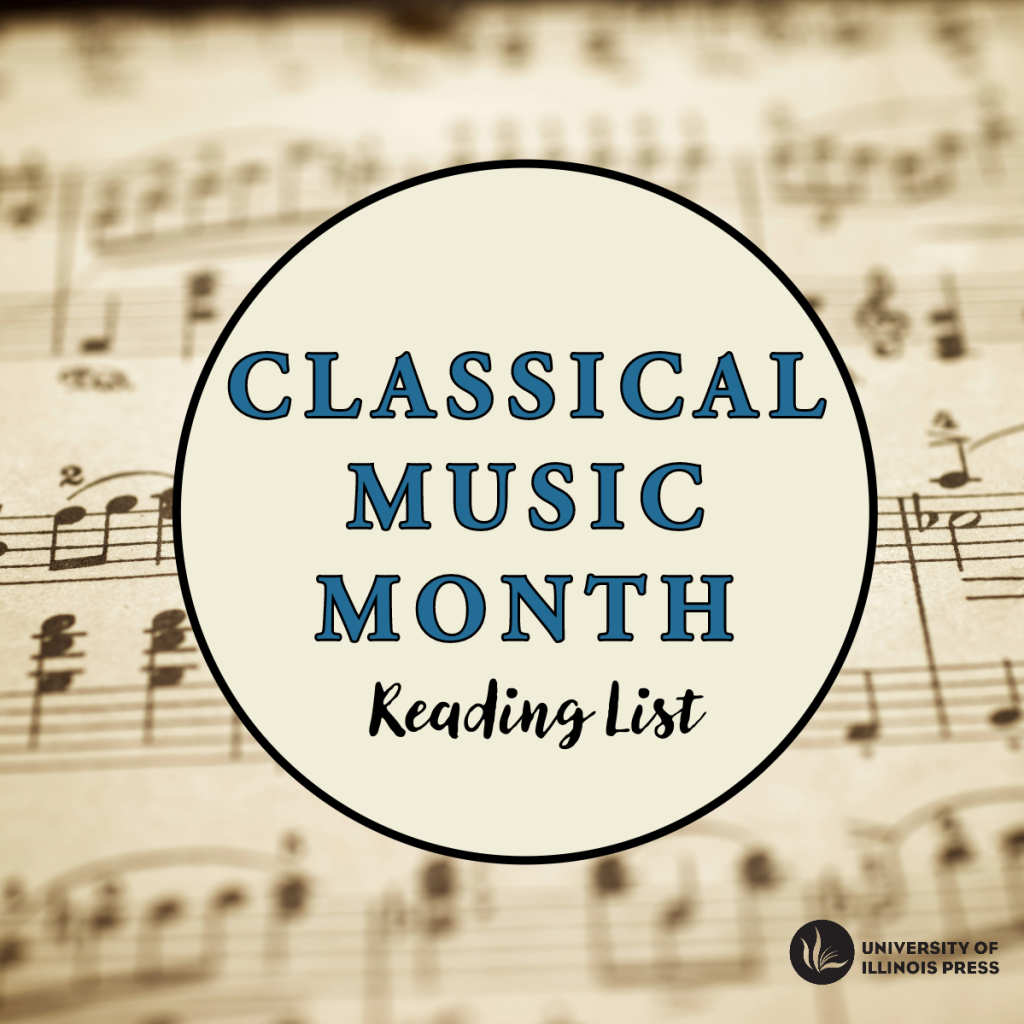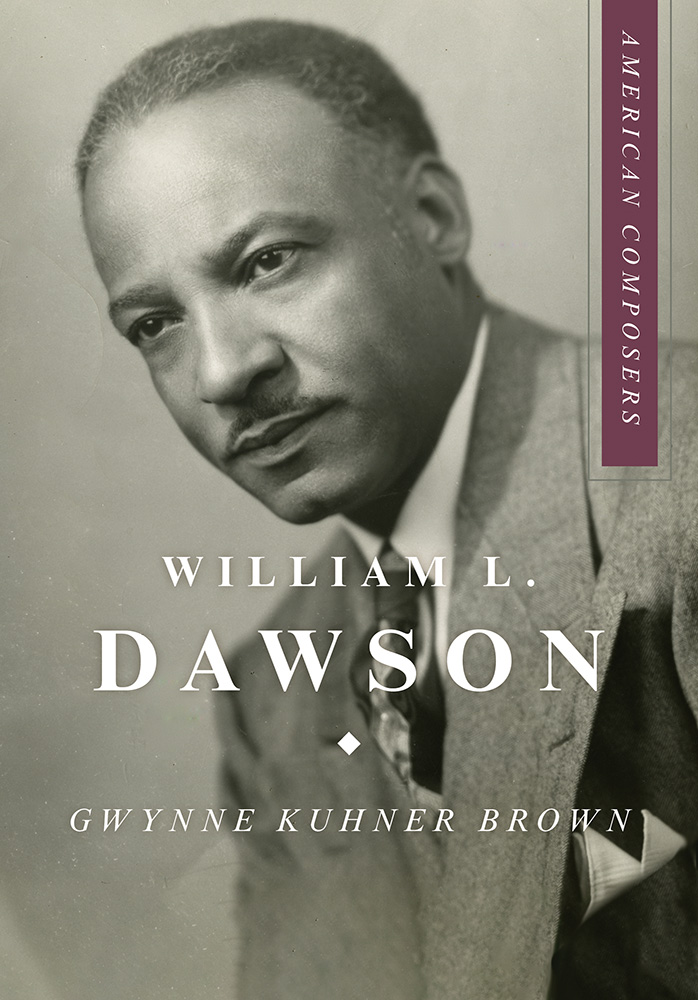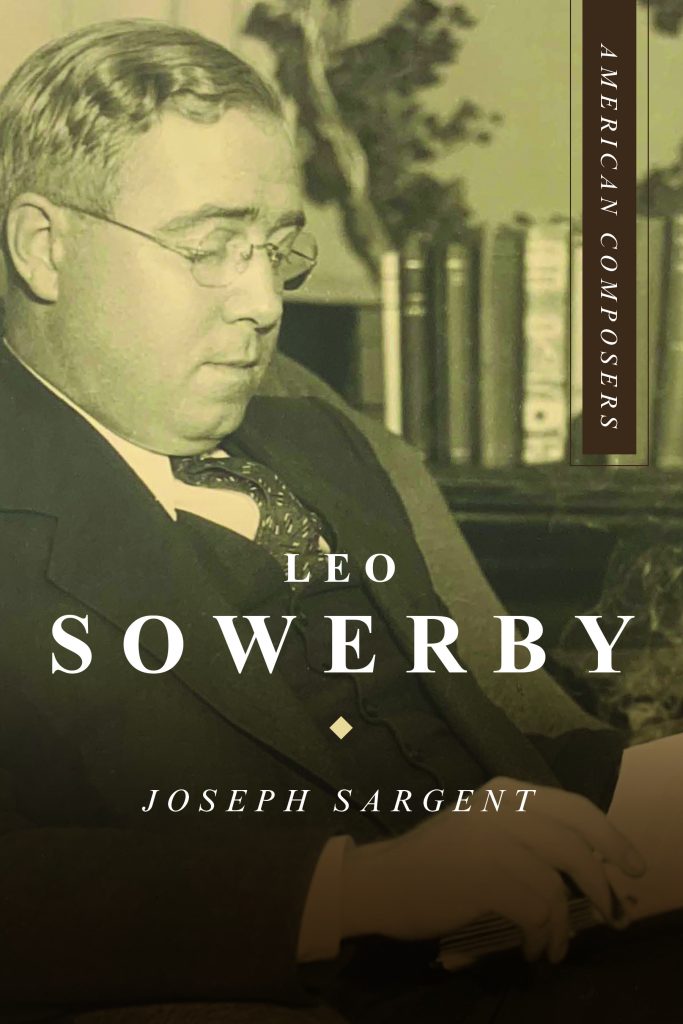In celebration of Classical Music Month, please enjoy this curated list of books and journal articles that highlight the study of a timeless art form.
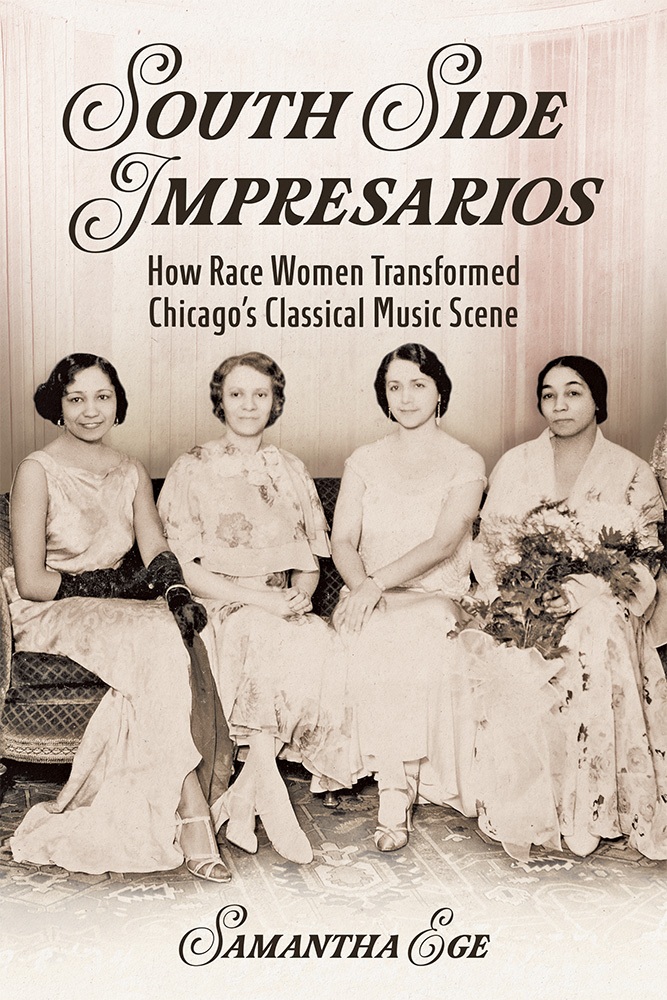
South Side Impresarios: How Race Women Transformed Chicago’s Classical Music Scene
By Samantha Ege
The women who put Chicago’s Black classical music on a cultural map of their own making.
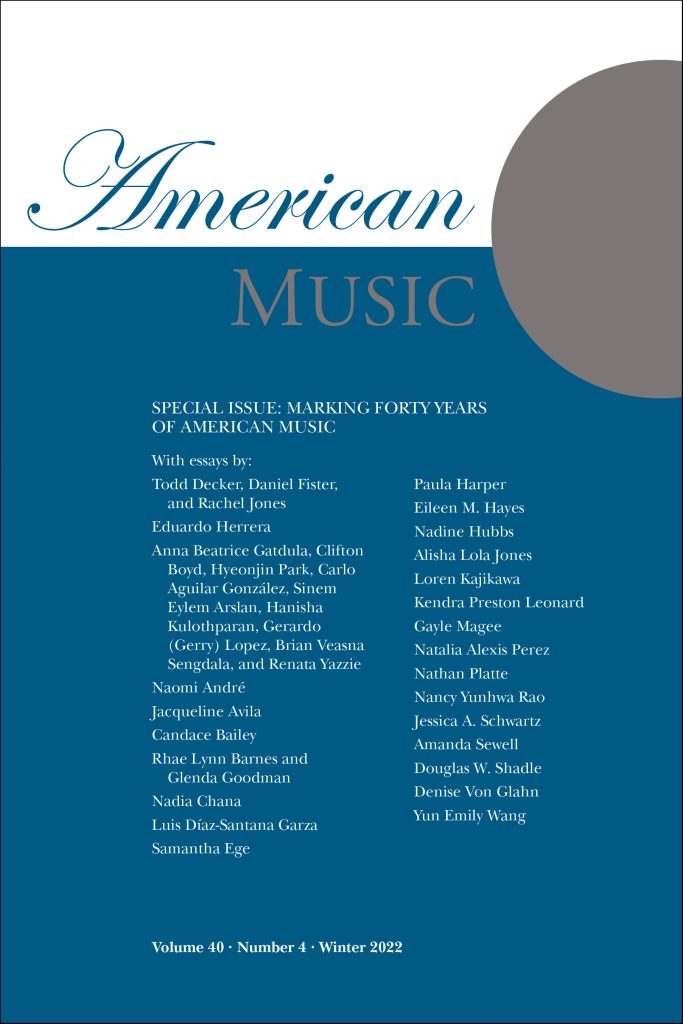
“Capitalism and the Future of American Classical Music Scholarship” by Douglas W. Shadle
As one scholar among many endeavoring to build on biographical work by pioneers like Barbara Garvey Jackson, Mildred Denby Green, and Rae Linda Brown, Douglas W. Shadle has come face to face with impediments to scholarship on American classical music embedded in the webs of contemporary global capitalism manifested in the classical music industry. This essay offers reflections on a few of these challenges.
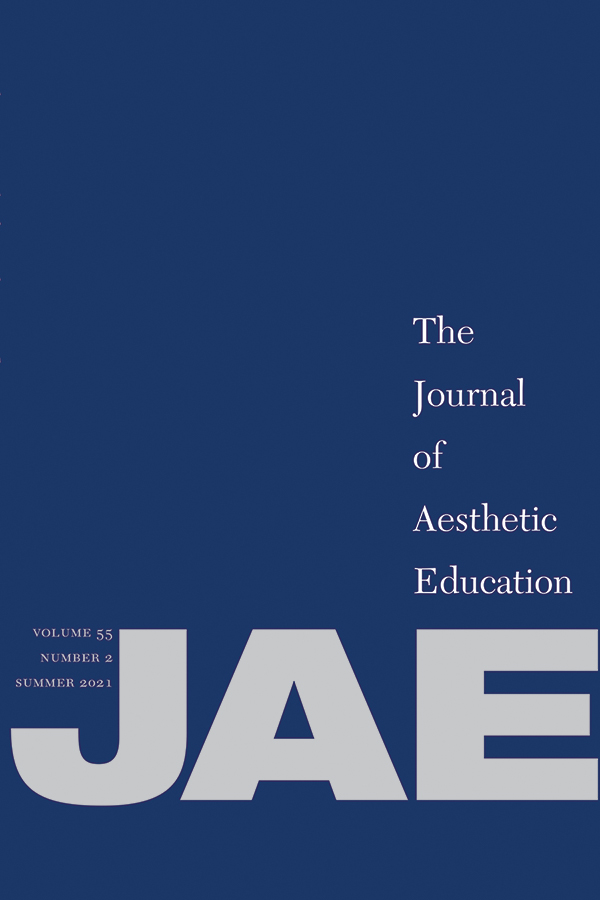
Journal of Aesthetic Education
“Toward an Ecological View of Musical Creativity for Music Educators” by Rebecca Rinsema
The author proposes an ecological model of musical creativity based on recent developments in the philosophy of perception. Built in response to Peter Webster’s 2002 model of musical creativity, the ecological model incorporates digital composition/production and improvisation, alongside the more common school music creativities: listening, playing, composing, and conducting. Rinsema suggests that music educators foster musical creativity by providing opportunities for students to engage with the proposed enactive and representational categories of musical creativity.
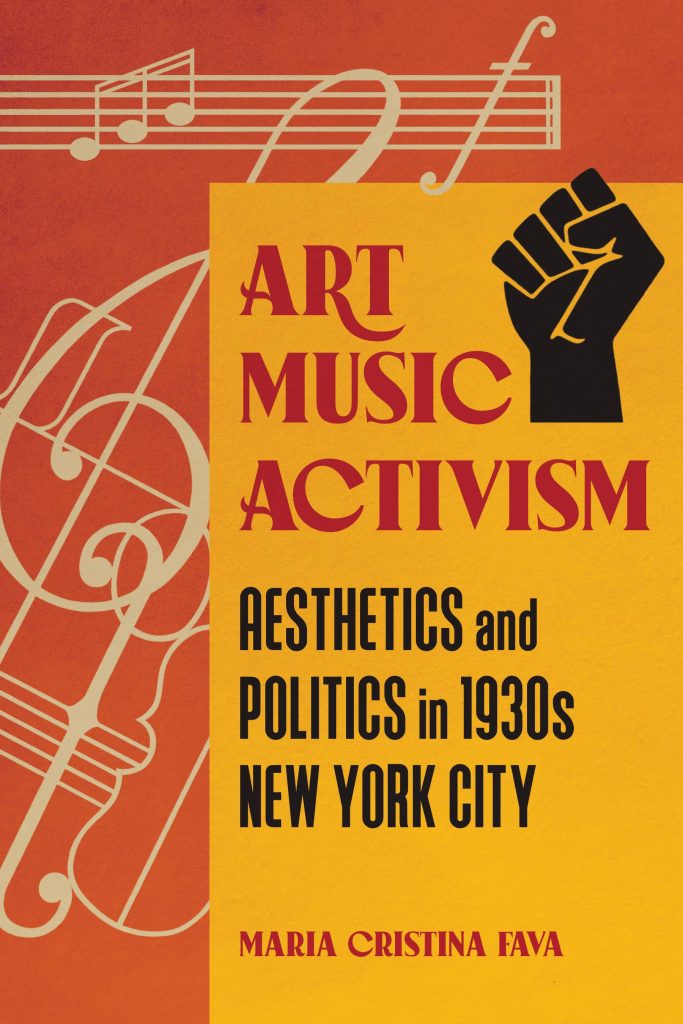
Art Music Activism: Aesthetics and Politics in 1930s New York City
By Maria Cristina Fava
A generation of composers and the merger of avant-garde art and progressive politics.
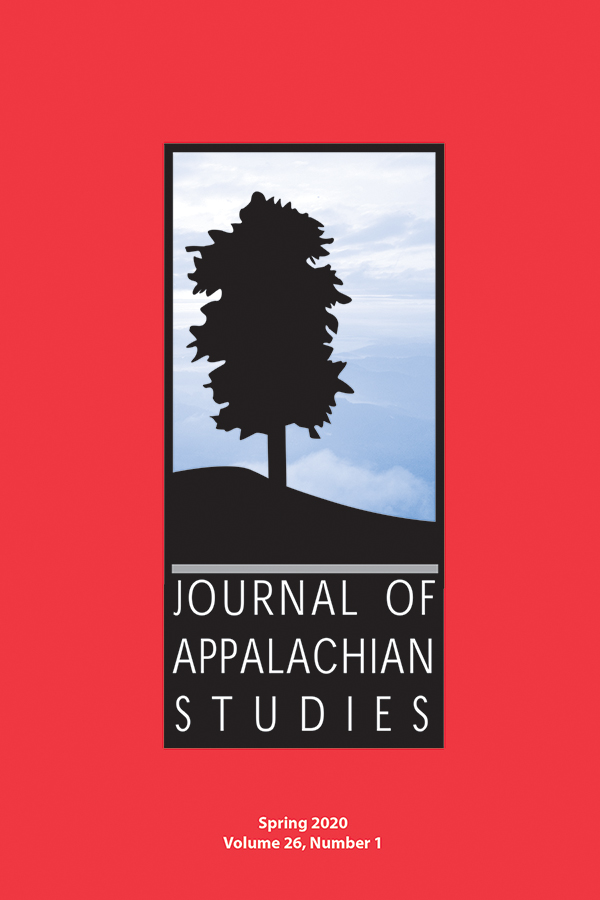
Journal of Appalachian Studies
“Classical Music in Ron Rash’s The Cove and The World Made Straight” by David McKay Powell
Ron Rash’s fiction often features inimical figures from outside Appalachia, seeking to pillage the region’s resources or bring about unwanted change. This trend is sufficiently common that many commentators on Rash’s work seem to have adopted an interpretive default whereby outsiders are presumed to be bad. However, there is one area in which Rash typically gives outside influence his blessing: classical music, particularly opera. This article analyzes Rash’s references to opera and oratorio in The Cove (2012) and The World Made Straight (2006) to better understand Rash’s attitude toward the world beyond Appalachia.
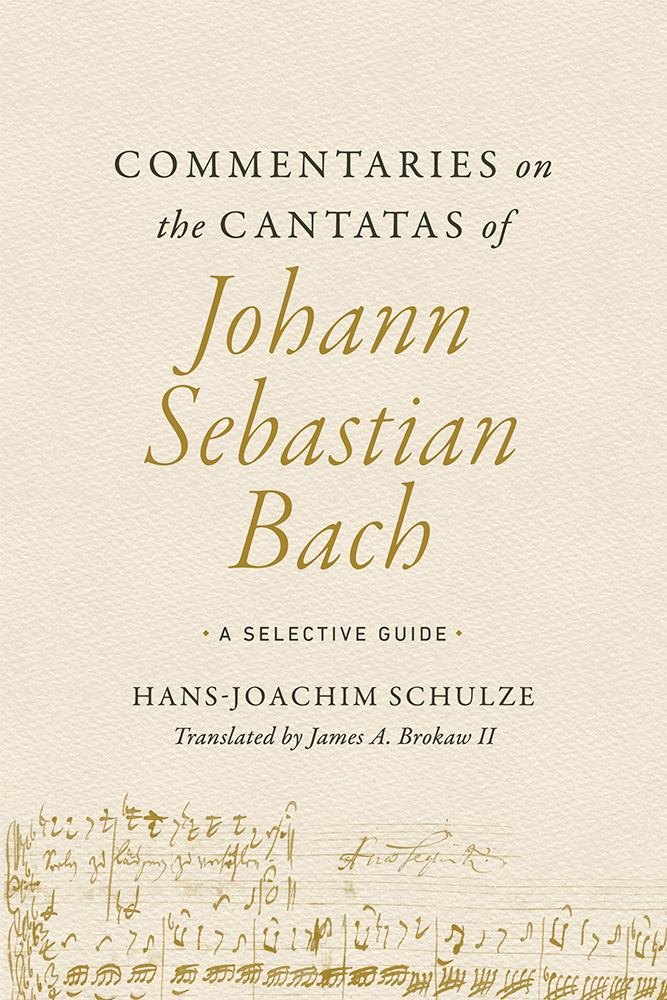
Commentaries on the Cantatas of Johann Sebastian Bach: A Selective Guide
By Hans-Joachim Schulze; translated by James A. Brokaw II
Essential writings on Bach and the gateway to an innovative web-based resource.

